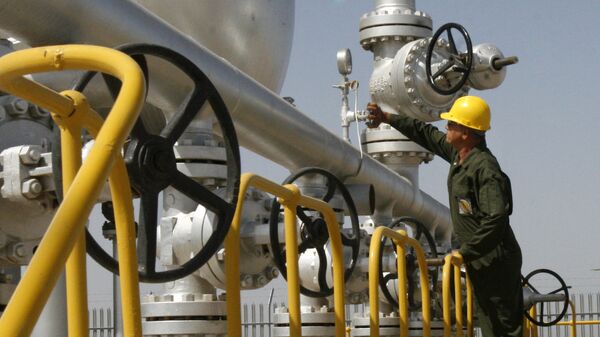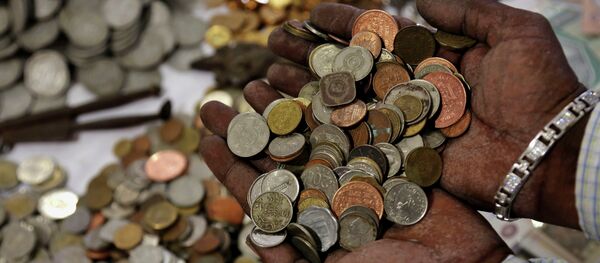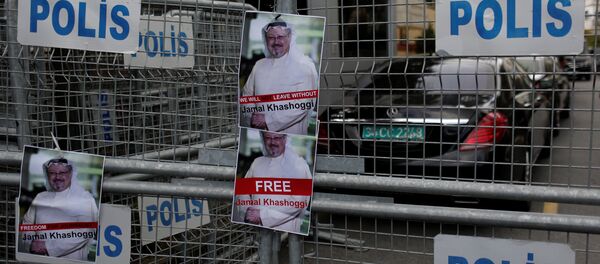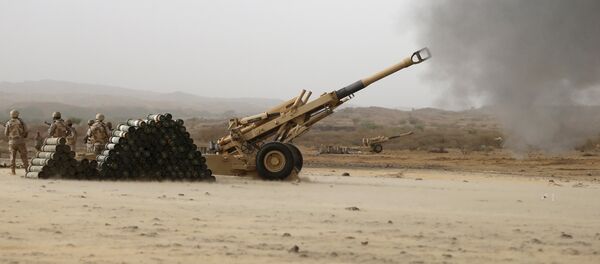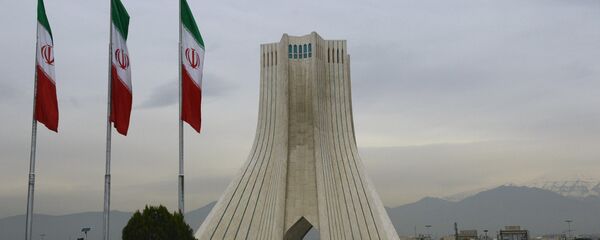Sputnik discussed Trump's claims that there is enough oil to replace Iranian crude with Sami Hamdi, geopolitical risk consultant, and editor-in-chief of the International Interest.
Sputnik: Trump said that there is enough oil to replace Iranian crude, is that really the case?
Sami Hamdi: I don't actually think that there's enough crude that can actually be put online very soon in order to counteract the loss of the Iranian oil on the market. I think Donald Trump is basing his statements on false promises that have been made from the UAE and Saudi Arabia who, in their lobbying efforts to isolate Iran, have promised Donald Trump that they will be able to supply further oil onto the market.
READ MORE: Iran: US 'Lying to the World', Unable to Halt Our Oil Exports
I think one of the biggest issues is that even if there is some sort of oil that can be put online in order to bring the prices down, at least steady the prices, this cannot be put up in a day or two, this needs at least six months, maybe a year, and even then it's very questionable how much oil can actually be flooded into the market.
Not only that, but when you see that there's antagonism between Saudi Arabia and the Western world, we see Saudi Arabia now trying to weaponize its economy, let's remember Turki Aldakhil's article, the head of Al Arabiya channel during the Khashoggi case, he set out a series of measures that Saudi Arabia could take in order to punish the world for the way, that he perceived, is attacking Mohammed bin Salman over his role, or perceived role, or alleged role, in the Khashoggi case. Part of these threats was weaponizing the oil, making the oil price go higher and higher in order to handcuff the Western governments.
Sputnik: And yet what countries would we name that could possibly replace Iranian crude on the global market?
Sami Hamdi: I think the leading country would be Saudi Arabia. Saudi Arabia is the one that has made the promises, Saudi Arabia is the country on which Donald Trump has relied on with regards to supplementing any damage that might be caused by the Iranian sanctions. Donald Trump, in his tweets, in the build-up to announcing his withdrawal from the Iran deal, said on Twitter that he had spoken to King Salman and King Salman had promised to help reduce oil prices.
During the OPEC meeting in Algiers, it was well known that Saudi Arabia was the country designated by the US to try to convince everybody to bring the oil prices down, even though it would not be in the interest of these OPEC nations, who are suffering economic crisis and who would prefer a higher oil price in order to have more revenue to tackle some of these economic crises.
READ MORE: Saudi Arabia, Russia to Extend Agreement on Preserving Oil Market Stability
Sputnik: Although we don't know if there's enough oil to actually to replace the Iranian crude; in any case, the concerns that there will be an oil supply shock are justified and it will be practically impossible to achieve this without slowing down the economy.
Sami Hamdi: Yes, exactly. The problem is not whether people don't know whether there's enough, people don't know if enough can be put into the market. So the problem is in order to get the oil out, it's not as simple as opening a tap and suddenly the oil goes; this oil needs to be put online it, there needs to be a process, there needs to be a refining of the oil, there needs to be an increased capacity in getting that oil out. What people don't know is not whether there's enough oil available in order to refine it and then put it onto the market.
I think with regards to the issues, in terms of putting the oil up on the market and in terms of the implications that it would particularly have, the global economies are looking at an economic crisis now, and I think Donald Trump himself may feel betrayed or may have felt that he was sold false promises before he announced that he would withdraw from the Iran deal.
Views and opinions expressed in the article are those of Sami Hamdi and dod not necessarily reflect those of Sputnik.
